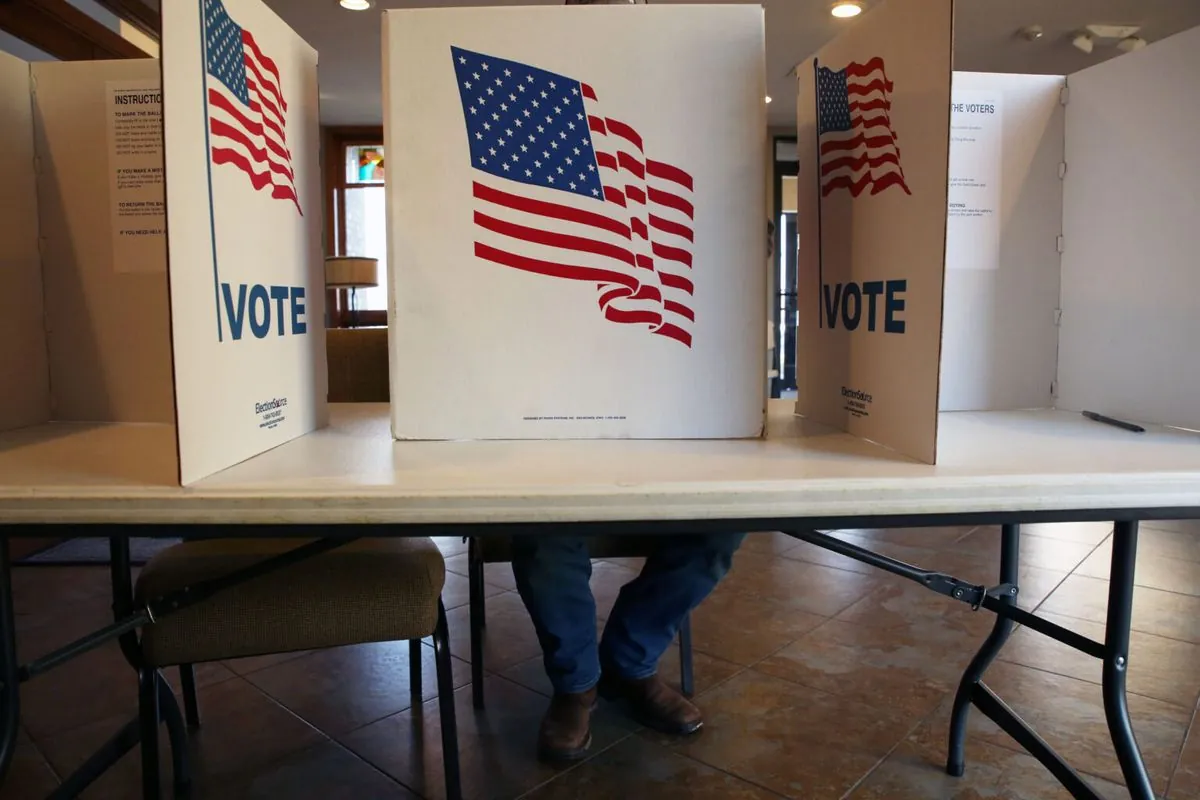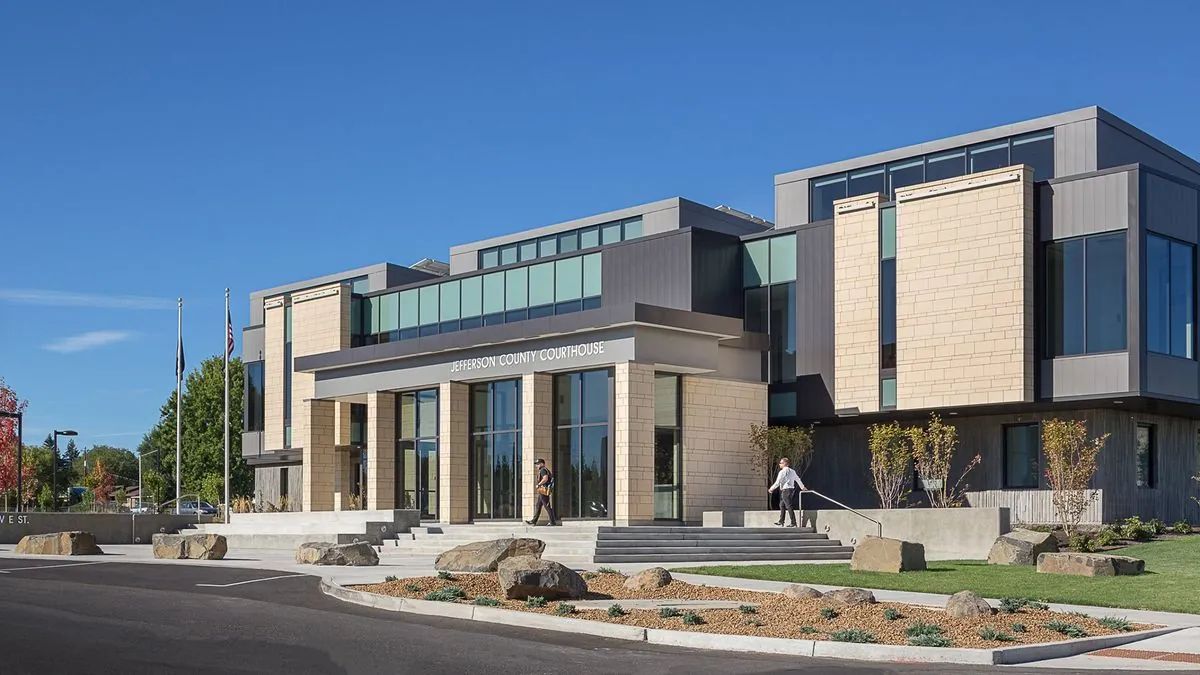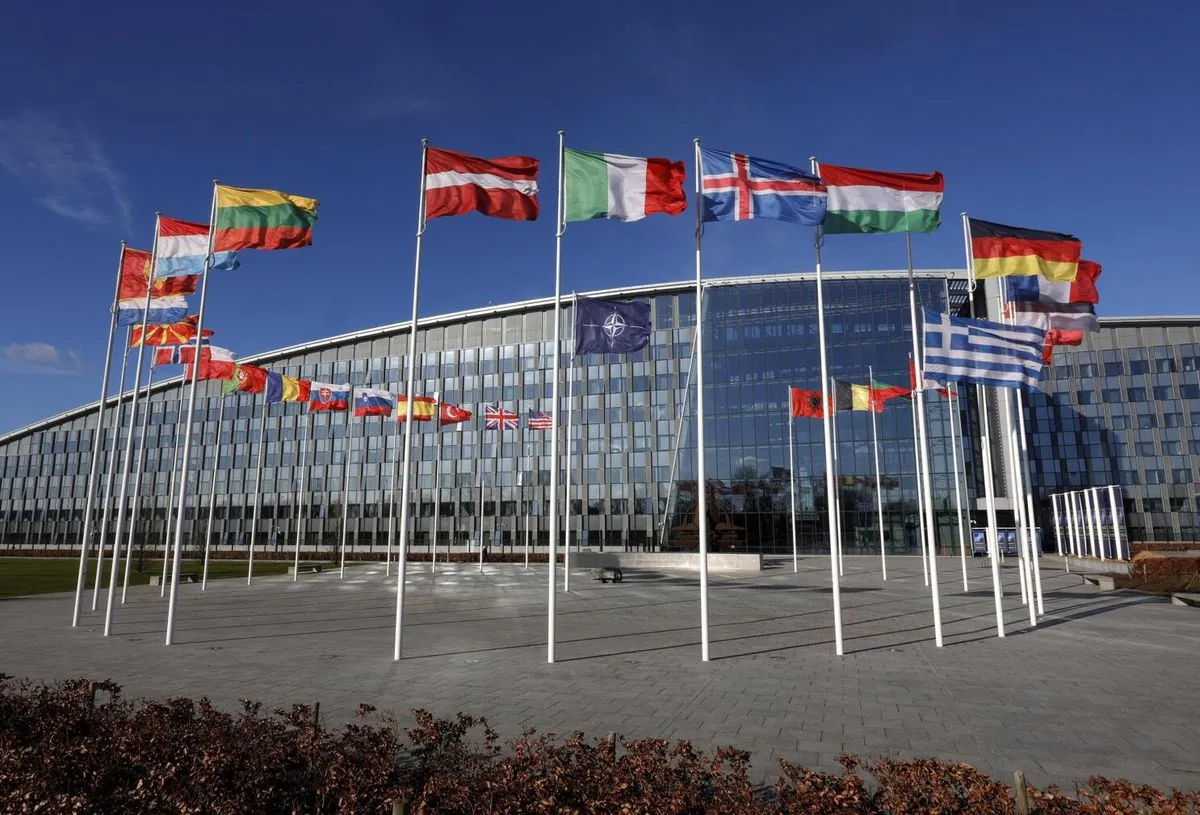University of Maryland Faces Legal Challenge Over Oct. 7 Vigil Ban
Pro-Palestinian students sue University of Maryland for canceling Oct. 7 vigil, citing First Amendment rights. University defends decision based on security concerns. Judge to rule by Oct. 2.
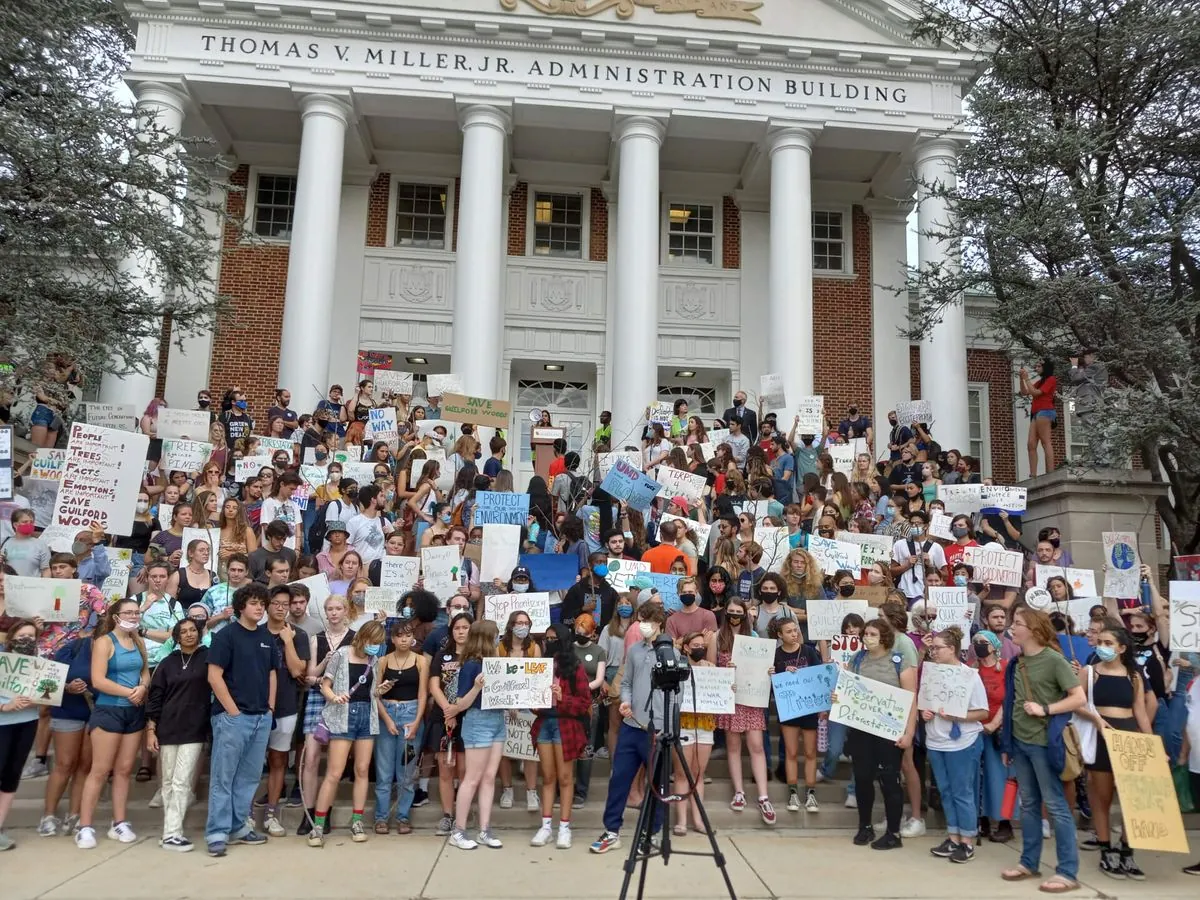
The University of Maryland at College Park, founded in 1856 and spanning 1,335 acres, is embroiled in a legal dispute over the cancellation of an Oct. 7 interfaith vigil. The pro-Palestinian student group, Students for Justice in Palestine (SJP), has taken legal action against the university, alleging a violation of their First Amendment rights.
The planned vigil, scheduled for Oct. 7, 2024, marks the one-year anniversary of the Hamas attack on Israel, which resulted in approximately 1,200 fatalities and 250 hostages. This date also coincides with the beginning of Israel's military response in Gaza, which has led to over 41,000 Palestinian casualties according to the Gaza Health Ministry.
Daniela Colombi, an SJP member, expressed concern over the university's decision: "We find it disturbing that rather than directly address who is threatening us, the university is trying to silence us." The student group, supported by the Council on American-Islamic Relations (CAIR) and Palestine Legal, both established in the last three decades, argues that the cancellation infringes on their constitutional rights.
University representatives, including Assistant Attorney General Patrick Sheridan, defended the decision citing serious security threats. "They are serious. They are compelling. They are not imaginary," Sheridan stated, emphasizing that the university has allowed SJP to host 70 events since Oct. 7, 2023, despite external pressure.
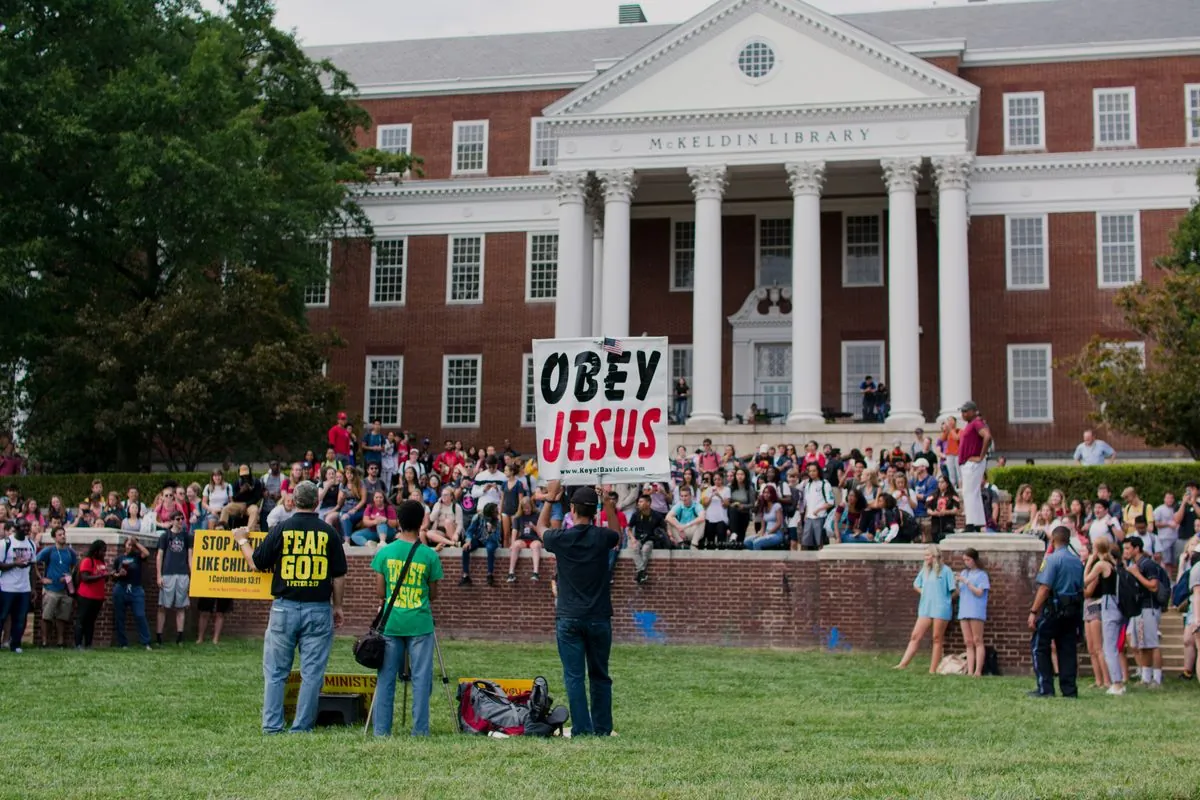
The university's decision affects not only SJP but also events planned by Jewish organizations. This approach reflects the challenges faced by colleges nationwide in balancing free expression with safety concerns amidst the ongoing Israel-Gaza conflict.
U.S. District Judge Peter J. Messitte, presiding over a court established in 1789, questioned the university's ability to enhance security measures. Chief David Mitchell confirmed that additional security could be hired for the day in question.
The case has drawn attention from prominent civil rights organizations, including the American Civil Liberties Union (ACLU), founded in 1920, which filed an amicus brief supporting the students' position.
The significance of Oct. 7 varies among different groups. For the Jewish community, it falls within a sacred 10-day period between Rosh Hashanah and Yom Kippur. For Palestinian advocates, it marks the beginning of what they term a genocide in Gaza, a claim Israel denies.
President Darryll J. Pines of the University of Maryland stated in a letter dated Sept. 1, 2024, that only university-sponsored events promoting reflection would be permitted on Oct. 7. This decision came in response to threatening communications received by university officials, including racially charged threats against Pines, who is Black.
The university considered various options, including online classes and rescheduling events, before deciding to maintain in-person classes while postponing student-led activities. Vice President for Student Affairs Patricia Perillo emphasized the university's primary mission of education in explaining this decision.
As the hearing concluded, Judge Messitte acknowledged the importance of the First Amendment and promised a swift decision, stating, "Whatever happens, the university will survive and will perhaps be better for it." His ruling is expected by noon on Oct. 2, 2024.
This case highlights the ongoing challenges in balancing free speech, safety, and the diverse perspectives within academic communities, particularly in the context of international conflicts.
"We're not celebrating that. Our goal is not to antagonize people. It's to humanize people."































